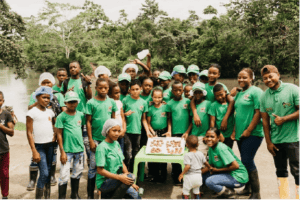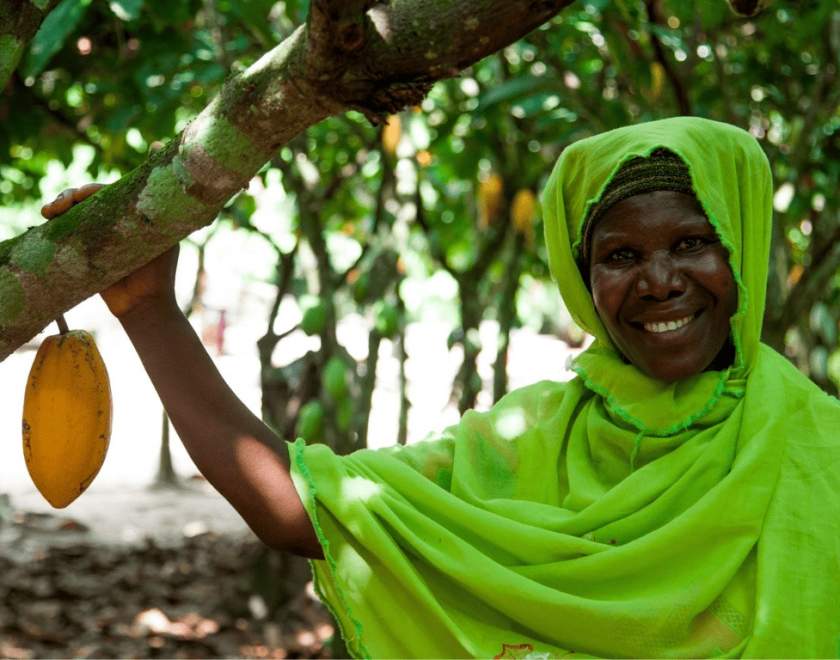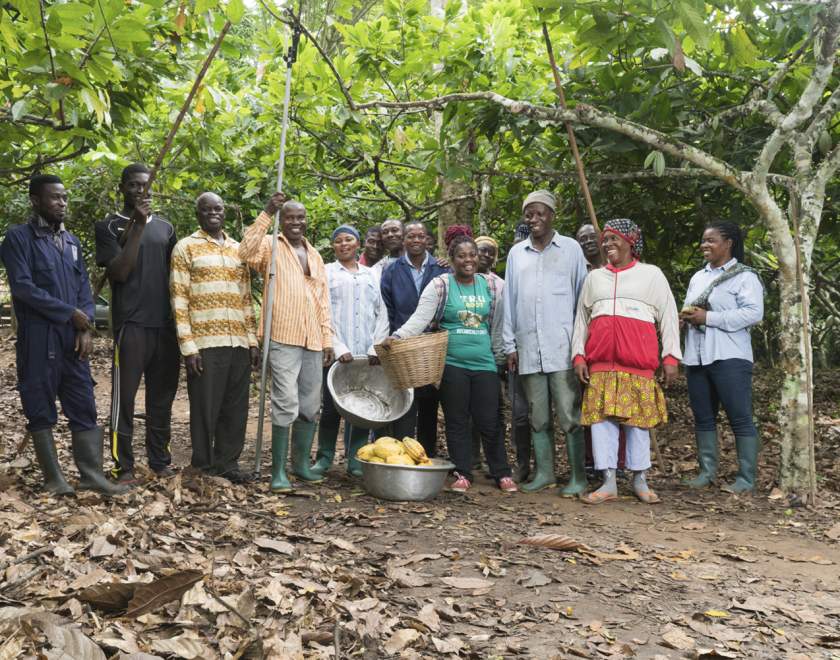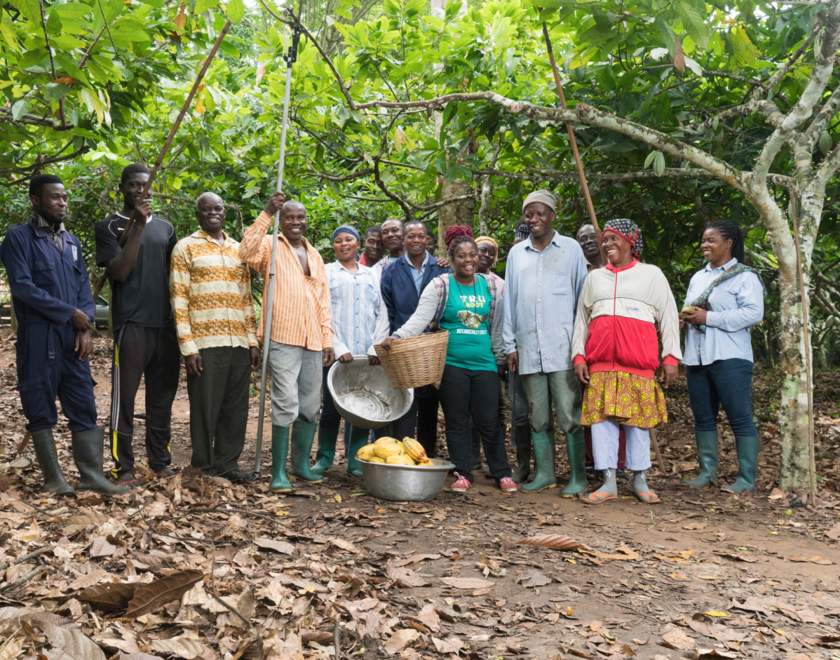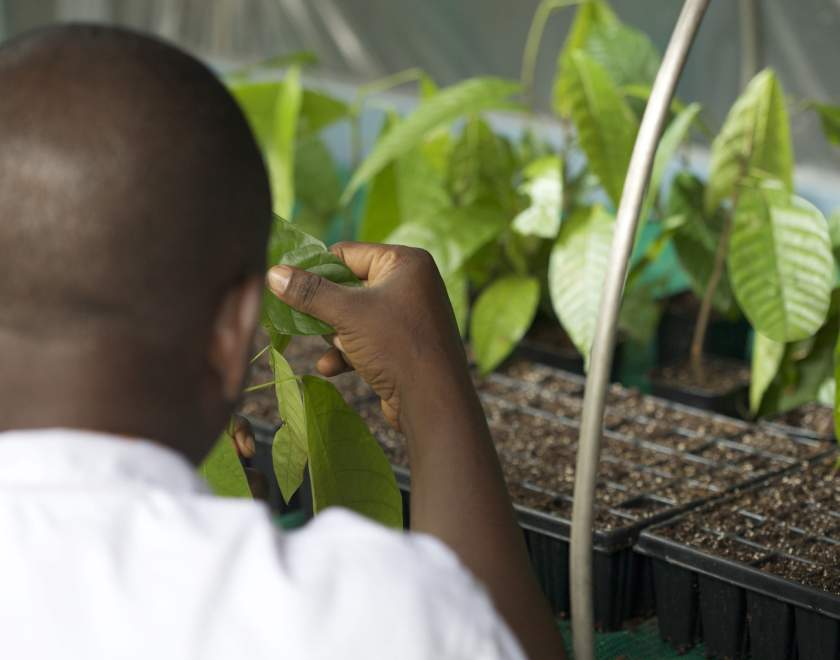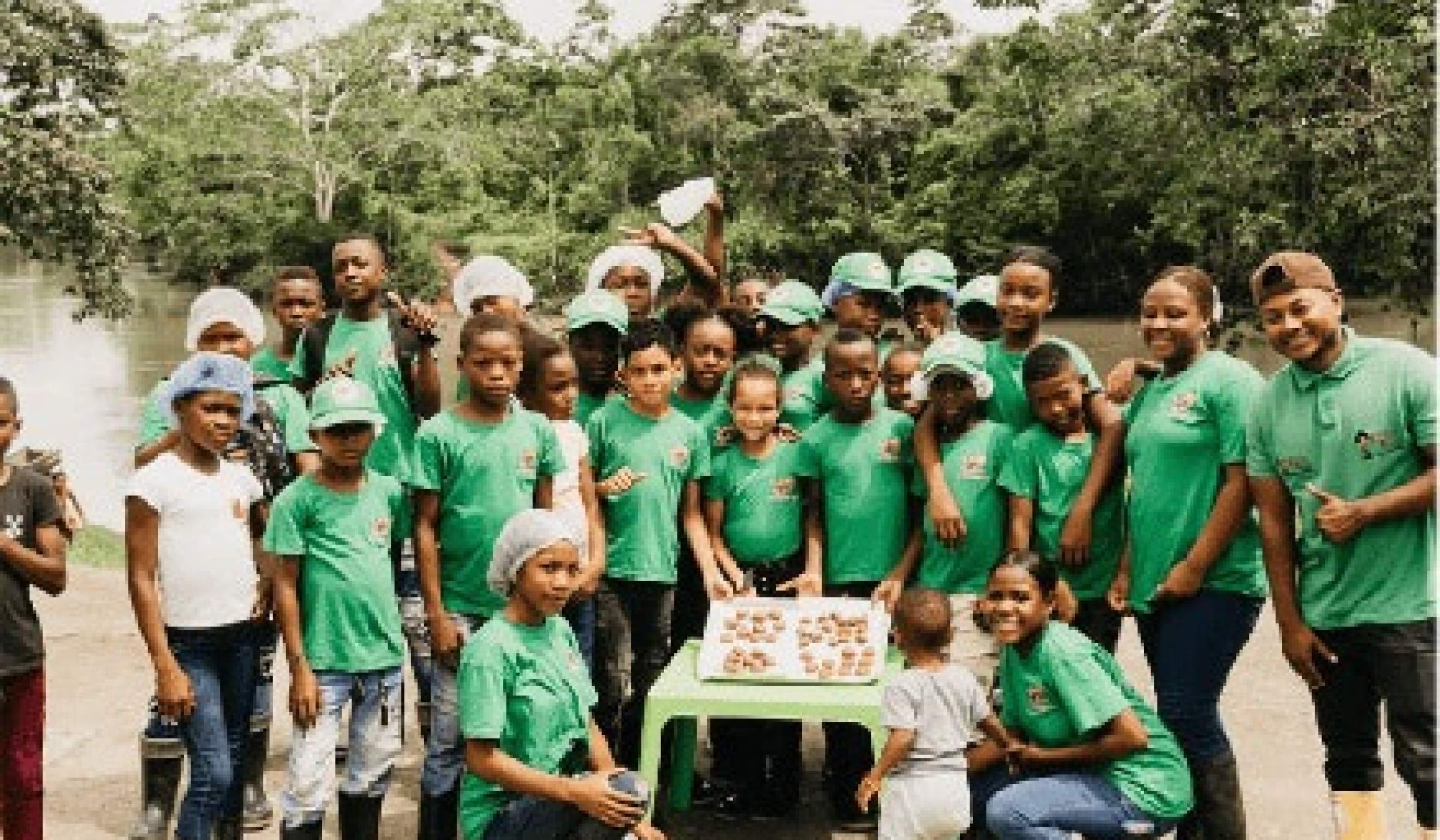
Colombia's rural landscapes face a transformational challenge as more and more young individuals opt for urban settings.
Driven by economic strains, limited educational prospects, and sometimes even threats of violence in conflict-ridden areas, the countryside is experiencing an exodus. Cocoa is a promising alternative to improve overall well-being, protect the environment, and increase the income of producers and communities across the country.
Such migration impacts the nation's agricultural potential. Only 13.5% of Colombia's cultivable land is in use, including fields of cocoa. From 2016 to 2019, a study by the Latin American Center for Rural Development revealed sobering figures: nearly 40% of Colombia's rural youth experience poverty, with 16.7% in extreme poverty – a rate three times higher than their urban counterparts. In fact, the National Agricultural Survey of 2019 revealed that a mere 3% of Colombia's agricultural producers are between the ages of 13 and 28 , with cocoa farmers being on average 57 years old.
Nevertheless, amidst these challenges, cocoa stands as a beacon of hope since it is a growth catalyst in areas that were heavily affected by violence. Cocoa has the potential to provide a brighter future through the improvement of livelihoods, the protection of the environment and promoting economic expansion. Sustainable practices and community engagement are crucial for achieving this brighter future and ensuring it is fair and just.
Since its foundation in 1906, Luker Chocolate’s vision has been to contribute to the sustainable development of rural communities in Colombia, which has helped drive the company's growth. Today, it is also the motivation behind "The Chocolate Dream," Luker’s collaborative sustainability plan rooted in three pivotal objectives: enhancing the income of cocoa families; strengthening the well-being of rural communities; and maintaining environmental balance.
Within these three goals, connecting directly with the next generation of cocoa farmers is key. Working with young people to help them find new and attractive opportunities around cocoa will help ensure long-term cocoa availability as well as a future they are proud of.
Inspiring the future leaders
The Chocolate Dream's project, Discover Cocoa, is one of more than 10 projects that target this objective. Assisting more than 2 thousand children and young adults in cocoa- producing regions, it not only connects them to the land but also unveils the prosperity of cocoa farming. Starting in the sixth grade, youngsters receive 46 hours of cocoa cultivation training each year. As they approach their final school years, they undergo vocational training, culminating in their graduation as technicians in cocoa cultivation. Currently, 341 youth are part of this initiative.
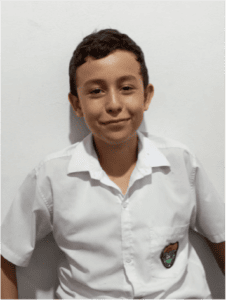
Edwin, a sixth-grader involved in the "Discover Cocoa" program, shares: "I really enjoy the project because we've uncovered things we didn't know before. I had some familiarity with cocoa because my uncle has a cocoa farm that I like to visit. I'm passionate about everything related to cocoa, helping out, and being a part of this project."
The project Chocokids delves into the cocoa production chain. Every week, 60 youths attend workshops, learning about cocoa's lifecycle, sustainable practices, and community values. Luker doesn't just focus on cocoa – they're molding Colombia's future agricultural frontrunners.

Maria Lizeth Angulo, participant of the Chocokids project, shares her enriching experience: “I've gained awareness into social, environmental, productive, and quality topics. What I love about the program is how it teaches us to nurture cocoa pods and instills in us the values of respect, kindness, worth, and tolerance.'"
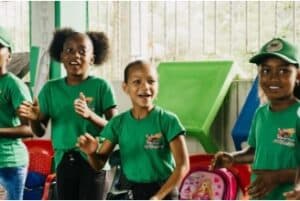
The Chocokids and Discover Cocoa initiatives offer children educational experiences that are both age- appropriate and deeply connected to the cocoa farming heritage of their families. These programs integrate practical learning with the children’s everyday lives, fostering an appreciation for the agricultural processes that sustain their communities. This engagement not only transfers valuable skills but also achieves generational inclusion, creating a meaningful connection to the cocoa cultivation legacy.
Empowering Dreams
In today's ever-changing landscape, with increasingly curious and ambitious young individuals, Luker Chocolate wanted to go further for its community. This is why they created a program to provide communities with the necessary tools for building prosperous and sustainable long-term futures. Furthermore, understanding that youths have broader interests, Luker's project "Empowering Dreams" champions the diverse passions of more than 570 participants. This initiative amplifies income and life quality by converting these interests and entrepreneurial ideas into business opportunities. Luker's approach encourages rural productivity, curbing the drift to big cities.
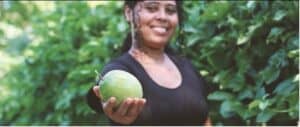
Yurleynis and Yarildis Torreglosa are sisters who have made significant progress with their passion fruit venture. Yarildis passionately shares, "This project began with the aim of addressing our financial needs. Gradually, we expanded, and now we have more than a hectare cultivated. Thanks to the passion fruit and this initiative, we have a thriving business, a comfortable home, and an enhanced quality of life."

The countryside represents the future, prosperity, and resilience. Countries like Colombia have immense developmental potential rooted in the hardworking individuals who toil the land day after day. Luker aspires to illuminate the path for the youth, hoping they'll infuse it with their creativity and energy, driving innovation and well-being. Aiming to transform the chocolate value chain from its origin through their long-term collaborative plan. This is why they go beyond sustainability, making the world a better place using chocolate as a powerful tool for change.
